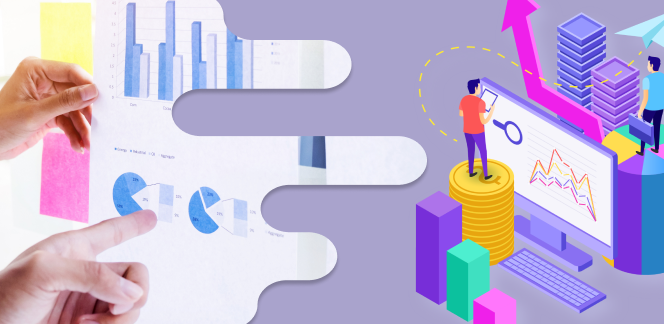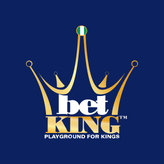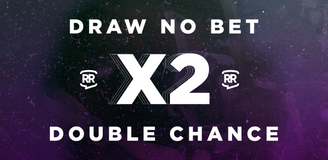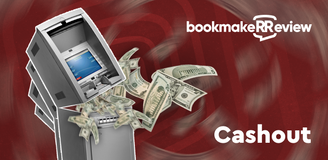Contents of the article
Now, the odds set on the outcomes of every market by a bookmaker are based on the estimated probability of that outcome coming to pass. To understand the concept well, if for instance, a -coin is tossed, and the sportsbook believes that team X has a 50% probability of winning; they are supposed to set the odds at 50%. The meaning here will be 1/0.50 and that will amount to 2.00. However, because the booker will have to gain some money so as to sustain them and keep them in business, they won’t set the odds at this exact result. Instead, they will take it down a bit, and leave out a profit margin for themselves. In this case for instance, instead of offering the betting pubic an odd of 2.00 as calculated, the bookmaker would opt for something like 1.90, leaving out 0.9 as the margin for the bookmaker.
So, in essence the bookmaker margin is a term used to explain the profit margin that the bookers will carve out for themselves in setting odds for markets, in the bid to cover for their cost or offering the betting exercise to the public. This little profit they leave out is seen as the source of finance for their business. It may differ from one sportsbook to the other. But what the punters will always look out for is the lower margin. This is because the entire fund is still coming from the punters’ wager. So, when the margin for the bookmaker is reduced, the possible win or gain for the punter is increased and vice versa. This could also be explained as the house edge in casinos, where the slot machines set out some percentage of the total wager to themselves to cover the cost of running the casinos.
Now, punters who wager on games may fail to see the difference involved in an odd of 1.9 and 1.92. But this is very significant, especially when punters get involved in accumulator bets. A single wager may not feel the impact, but its effect may turn out compound and may even lead to the punter winning or losing money in the long run.
Bookmakers price bets away from the true probability of possible outcomes and use the margin as an edge over the punters. To make sure that the odds they set for different outcomes in a market does not repeal bettors from choosing these outcomes; they try to balance different sides of the market. This way, they arrive at a balance of probabilities on both sides. But in balancing these, they do not balance the liabilities perfectly. Instead, some margin is left for them to make some money from. This in built margin for gain in odds is known as the bookmakers’ margin.
Interpreting Bookmaker Margins
In the margin, the profit that the bookmaker would make if wagers were to come to them on the possible outcomes according to the size of the odds is measured. in a situation where you have decimal odds 1 on the A outcome and odds 2 on the B outcome, and the two outcomes receives wagers to the proportion of a/ (1+2) on a and b/ (1+2) on b, the end result is that the bookmaker will make the same amount of profit, no matter the final result of the event or outcome of the wager.
Why Are Bookmaker Margins So Important?
- Many people refer to the bookmaker margin as the market percentage or over-round. In essence, it stands as that additional amount implied by the odds given on all outcomes that are equally exclusive in an event. To grab it quickly, when a bookmaker finds out that the probable odds of an event taking place is 5, they do not set 5 for the punters. Rather, they set 4 and keep the remaining 1 as their profit. They need to run the system with funds and they get this from the activities on the site. The margin is the established method through which they make money to sustain the business and to continue offering sports betting to the punters.
- The bookmaker margin is as important as the bet itself. This is because it determines how profitable a market or option is to the players too. For instance, when a booker gives out an odd or 4 instead of 5 which is the correctly worked out probability, 25% has been taken off the possible profit that the punter may make if they win. This entails that the punter will have to make 25 correct guesses out of 100 if they must make profit. An increase in the margin reduces the odds, and therefore the expected gain. But the expected profit goes up when the margin is reduced and the odds increased.

How Margins Affect Bookmaker Odds and the Size of the Possible Prize
In sportsbooks, there are higher limits for low margin. If the price becomes competitive because of the lower margin and higher odds, the stake increases, and high rollers are attracted to come in. However, in most cases, we see bookmakers with high margins and because of what they are losing with the high margins, they try to attract players with other incentives. They normally offer huge bonuses and promotions, plus other add-ons like paid recreation and trips, so as to attract customers. Sportsbooks with lower margins guarantee better prices on every betting option than those with high margins.
How to Calculate Bookmaker Margins?
Again, the margin is described by many people as the percentage, cut, commission, juice, and many others. In essence, it’s what the bookmaker slices off the odds to cater for their business. In calculating the bookmaker odds, the principle of bigger odds implying lower margins is essential. In a game of tennis where Naomi is facing Serena for instance, they will have 50% chances of winning each other. To get this in the language of odds, you will have 100% divided by 50%. This will give you 2 odds. However, this is added to 1/1-evens for UK odds system or +100 for the American odds. If the bookmaker keeps putting out the games at 2-2 odds and the odds turn out correct, it will even out. So, to make some money from the show, they will need to offer the options with 1.85-1.85 odds or thereabout on each instead of 2. So, a calculation of 100/1.85+100/1.85 gives us 108%. So, on this particular market, the margin or gain for the bookmaker will be 8%.














Comments
0